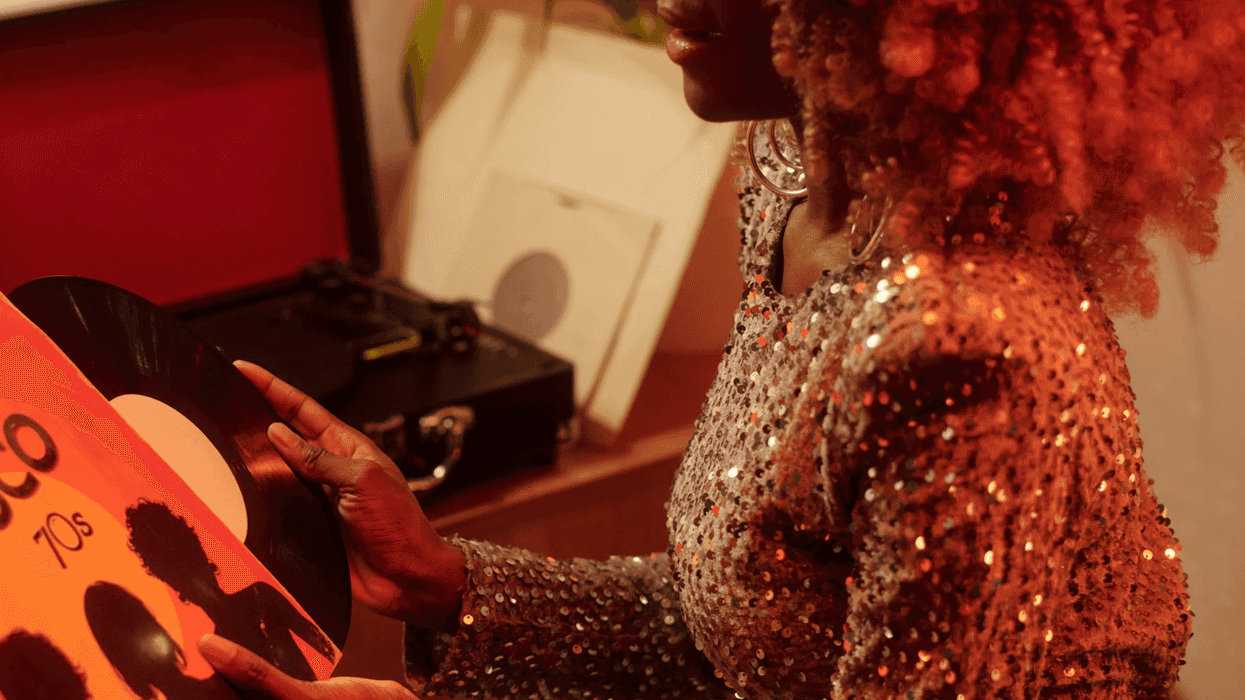Body language can indicate many different moods according to professionals and experts. It can indicate whether someone is attracted to you or help make you appear more approachable and charming. You may have even come across some articles that suggest that you can tell if someone is lying through their body language. Well, several professionals and experts disagree with that notion.
Here are some of the myths of the “tells” that supposedly indicate someone is lying and why there's little evidence to back those claims up.
@ridethewav3ss Replying to @Agatą Kowalik meaning of no eye contact while talking #fyp #relatable #pyschologyfacts
Eye Contact
You’ve likely heard that someone who doesn’t make eye contact with you is likely lying, especially if you see them break eye contact to look to the left while speaking to you, but studies show there’s little evidence to back this up. People may look away because they’re recalling an event in their memory, trying to picture the situation asked as an image, or just because they’re nervous about (likely) being interrogated. Different cultures also have different social rules and reasons for not maintaining consistent eye contact while speaking. Along with that, people who are neurodivergent and have troubles with social cues and norms have difficulty maintaining eye contact whether they’re lying or not. If you want to accurately spot a liar, don’t look at their eyes, look elsewhere.
Facial Expressions
Some experts claim that a person can tell if someone is lying based on their facial expressions and/or “micro facial expressions” when watching videos of them. Well, the problem with that is that we haven't quite settled on the number of facial expressions a person can have. A 1970 psychology book claimed that humans had 20,000 facial expressions. A 2004 book on body language claims we have over 250,000 expressions. The most recently published research in 2014 reported that humans only had 21 different emotions expressed through facial expressions while another report stated we only had four. Not only is there a debate regarding the number of facial expressions humans can do, we cannot outright determine each of their emotional meanings either. Some expressions might even change meaning or get added to the pile due to memes and popular culture. So the bottom line is, you really cannot judge a lie by its face (of the accused, that is).
@etymologynerd feeling crazy 🤪 #linguistics #bodylanguage #sociology #memes #culture #psychology
Overall Body Language (Posture, Fidgeting, Scratching, Etc.)
There are several people who claim to spot a liar based on a person’s posture. Others cite a tell is where someone places their hands, whether they sweat, fidget, how they move their hands, or if they scratch or rub themselves. The truth is that none of those behaviors actually indicate if a person is lying.
For 25 years, former F.B.I. interrogator Joe Navarro performed over 10,000 interviews with suspects and witnesses while working with counter-terrorism and counter-intelligence units. He agrees that body language doesn’t detect or indicate lying of any sort. People scratch their nose because it itches, adjust their posture because they're uncomfortable, or are nervous and sweaty because they're nervous and sweating.
“People have long thought and taught erroneously that if somebody touches their mouth, for example, or covers their nose, or looks in a certain direction with their eyes, that these are behaviors indicative of deception. But there is ample research to show that there is no single behavior indicative of deception,” he told National Geographic in 2022. “We need to stop associating behaviors indicative of psychological discomfort with deception, and acknowledge them purely for what they are: signs of stress, anxiety, apprehension, despair, suspicion, tension, concern, nervousness, etc. But not deception.”
@lifefueltv who was the woman spy? #interrogation #fbiagent #spy #jamesbond #danielcraig #joenavarro #bodylanguage #expert
How can you spot a lie?
If body language doesn’t tell if a person is lying, what does? Well, the lie itself, according to 72% of the experts. They say that examining a potential lie’s lack of details or too many details could help determine if a person is lying. In short, lies are best determined by the content that is being told.
“Statement-evidence inconsistency is another cue. A liar’s statements are less consistent with the available evidence than statements from truth tellers,” said Professor Aldert Vrij, an expert in the psychology of deception at the University of Portsmouth.
So, if you’re suspecting a lie, it’s best to analyze what is being said rather than how the person appears as they have said it.























 There are plenty of low or no-cost date ideas.Canva
There are plenty of low or no-cost date ideas.Canva Couples can energize their relationship by finding bonding moments that reignite their wonder.Canva
Couples can energize their relationship by finding bonding moments that reignite their wonder.Canva
